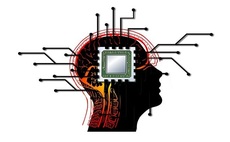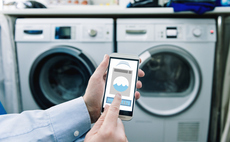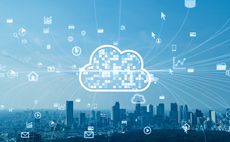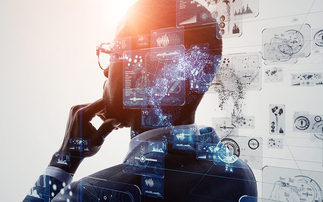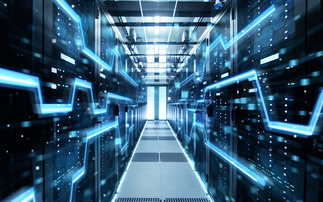Peter Cochrane weighs up the relative usefulness or harm of the information we give away as the IoT looms into view
I think George Orwell would be very pleased with many of his 1984 predictions foretelling today's surveillance society, but I am also sure he would be amazed that we buy our own cameras, install th...
To continue reading this article...
Join Computing
- Unlimited access to real-time news, analysis and opinion from the technology industry
- Receive important and breaking news in our daily newsletter
- Be the first to hear about our events and awards programmes
- Join live member only interviews with IT leaders at the ‘IT Lounge’; your chance to ask your burning tech questions and have them answered
- Access to the Computing Delta hub providing market intelligence and research
- Receive our members-only newsletter with exclusive opinion pieces from senior IT Leaders








